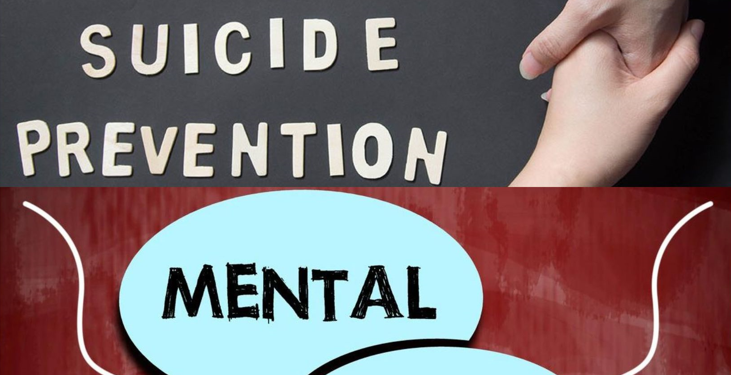FG has moved to end suicide and address the mental health conditions of Nigerians.
Newsonline Nigeria reports that the Federal Government of Nigeria has unveiled two policy documents and inaugurated a National Mental Health Technical Working Group to reduce the prevalence of suicide and mental health conditions in the country.
This Nigeria news platform understands that Prof. Ali Pate, the Minister of Health and Social Welfare, inaugurated the documents during a ministerial roundtable on mental health in Abuja today.
SEE ALSO: Senate confirms MTEF for 2024 to 2026, adopts N700/$1 Exchange Rate
Pate said the National Suicide Prevention Strategic Framework (NSPSF) 2023-2030 and the National Mental Health Policy 2022-2027 would reduce rates of suicide, address mental health challenges, and especially amongst young people.
In his words, “The purpose of this NSPSF is to establish a framework for reducing the rate of suicide,” he said.
“By instituting cost-effective programs, health and socio-economic interventions that change behavior and lifestyle, and address the population at large as well as vulnerable groups.”
“It involves a whole series of activities, ranging from the environmental control of risk factors and means for suicide, to early identification and effective treatment of people with mental health conditions.” “Establishment of suicide prevention helplines and integration of care at community and primary health level as well as responsible reporting of suicide by the media.”
Newsonline Nigeria reports that the minister, therefore, stressed the need for Nigerians and all stakeholders to support the implementation of the document to reduce deaths from suicidal behavior and improve the nation’s health.
Dr Jamila Ibrahim, the Minister of Youths Development, stressed the need to ensure that all Nigerians had access to mental health services without financial hardship.
Ibrahim added that plans were underway to establish a professional department in the ministry that would handle issues bordering on youths’ wellbeing.
Also, Dr Tedros Ghebreyesus, the Director General of, the World Health Organisation (WHO), said: “We know that stigma and discrimination around suicide and mental health are significant contributors to people not seeking the help they need.”
“So, the NSPSF presents a significant step towards reducing side effects by training health and care workers in mental health and suicide prevention and better integrated mental health services in the care programs.”
Meanwhile, Newsonline Nigeria reports that Amina Mohammed, Deputy Secretary-General of, the United Nations, disclosed the prevalence of suicide globally, adding that over 7,000 people commit suicide yearly, which is always devastating to families, friends, and communities.
Mohammed attributed it to a gap in accessing mental health services, stigma, discrimination, and a lack of support for persons with mental health issues. She explained that it was important to break the taboo on mental health conversations.
While reiterating their commitment, Mohammed said the documents would contribute to a more inclusive, healthy, and sustainable world.
Prof. Lateef Sheikh, a psychiatrist, noted that Nigeria had less than 300 practicing psychiatrists to cater to the mental health needs of the huge population.
He stressed the need for an integrated and comprehensive care package, mental health financing, data mining, and finance to address mental health in the country.
The inauguration of the two policy documents and the National Mental Health Technical Working Group is a significant step towards reducing the prevalence of suicide and mental health conditions in Nigeria.
The implementation of these documents has the potential to save lives and improve the lives of millions of Nigerians.














